Late one October morning in 2016, Aminata Conteh-Biger gazed out the window of her white 4WD as it sped through the chaotic streets of Grafton, Sierra Leone, and quietly marvelled at the astonishing twists her life had taken.
That day, Aminata was travelling in the air-conditioned and comfortable confines of a vehicle emblazoned with her own name.
But nearly two decades before, she had arrived at this exact intersection in Sierra Leone in a far more desperate state. It was at that spot that she’d been released after months of being held hostage by rebel soldiers during the country’s civil war.
“It was there that my life changed forever,” Aminata recalls. “[That trip] was the first time I really recognised how much I had fought. All of a sudden, it was like ‘Oh my goodness. This happened.’ It was the first time I actually recognised my strength.”
Now, the strength that carried Aminata through her kidnapping ordeal – and later saw her start her life afresh in Australia before launching a charity, aimed at helping women in Sierra Leone and addressing infant mortality rates – is detailed in her new autobiography, Rising Heart.
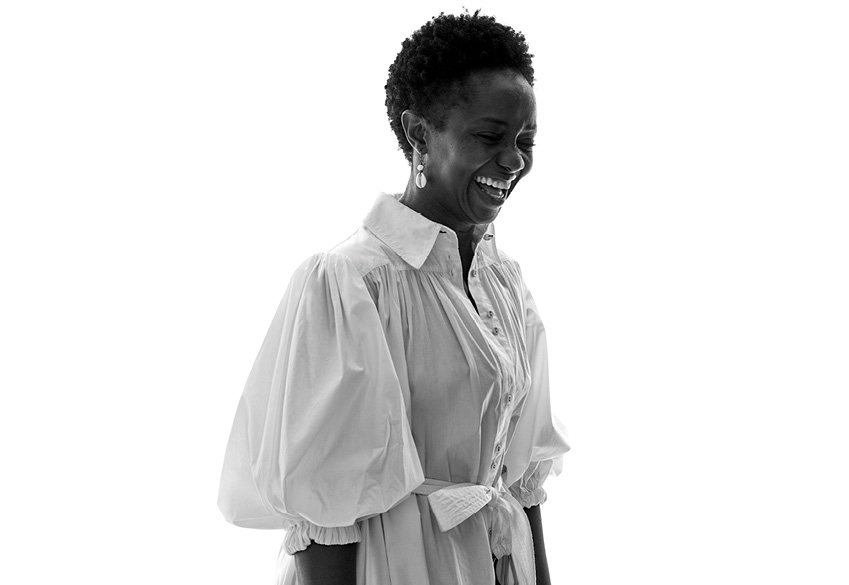

Sitting with Aminata in her modest apartment in Sydney’s lower North Shore, it’s difficult to reconcile the calm and radiant woman in front of me with the horrifying experiences she describes in her book. “I really see beauty every day,” she says in a mellifluous voice. “When I breathe, when I wake up… gratitude is so important to me.”
Surrounded by photos of her two children, Sarafina, eight, and Matisse, six, and with motivational quotes and affirmations tacked to her living room walls, Aminata is warm and welcoming. Her beautiful features – smooth, unlined skin and large dark eyes – frequently crease into a wide smile.
Today, her life follows a rhythm that would be recognisable to many Australian mothers; her children attend the local school and go to ballet classes and soccer, and her weekends are spent visiting parks and beaches and seeing friends.
A world away, in Sierra Leone
It’s a world away from Aminata’s own childhood in Freetown, where she was raised by a strict and protective father who preferred his children to stay within the walls of his home. Perhaps aware of the growing unrest in Sierra Leone, he’d fitted their large house with bulletproof windows.
Although the civil war began in 1991, it took rebel forces nearly eight years to reach Freetown. “We were never really sure whether they would enter the city,” says Aminata, who was 11 when fighting began.
“But we had heard the stories, and we’d seen people from the villages coming to the city. We’d seen hands that had been chopped off, displaced people sleeping in the streets.”
We were never really sure whether [the rebels] would enter the city. But we’d heard the stories.
On 6 January 1999, Aminata and her family’s worst fears were realised when rebels captured the Sierra Leonean city, burning houses and murdering entire families in the streets. For days, the smell of burning flesh hung over the city – and even now, Aminata’s sense of smell remains blunted as a result of the atrocities she witnessed.
In Rising Heart, Aminata recalls the day she and her family were rounded up, and she was plucked from the group by rebels looking for young virgins. “Papa was totally silent as I dropped his hand and walked towards the rebels,” she writes.
“He didn’t scream, he didn’t cry, he didn’t make a sound. I was told afterwards that the neighbours held him back. Walking away from my father is the most painful memory from my kidnapping.”
He didn’t scream, he didn’t cry, he didn’t make a sound. Walking away from my father is the most painful memory from my kidnapping.
The next few months are a blur of violence and terror for Aminata, then 18, who originally thought she was held hostage for four months but was later told by a fellow captive that it was more like seven. What’s not in doubt was that those months in captivity were harrowing.
Months in captivity
One of the rebels, Daramy, became obsessed with her, and throughout her ordeal, Aminata was brutally raped. Like many hostages, she also fell pregnant, although she lost the baby to miscarriage. At times, she contemplated suicide.
Miraculously she was released in April 1999 as part of a government exchange and was soon reunited with her family. However, upon discovering that Daramy was intent on finding her, Aminata was granted refugee status by the UNHCR and flown to Australia with her sister to start a new life. Both her parents remained in Africa.
Arriving in Australia as a refugee
In Rising Heart, Aminata recounts her difficulties adjusting to Australian life – her struggle to fit in at school and her battle with loneliness, and at times, racism – before eventually finding a job she loved in retail and meeting her husband Antoine. Despite her ultimate success and happiness, it’s clear that, for Aminata, life as a refugee remains freighted with complexity.
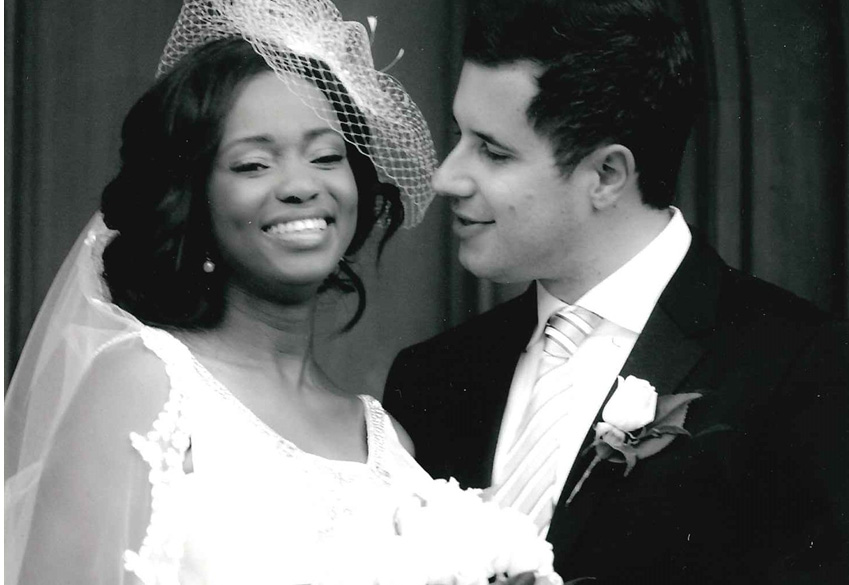

In her book, she describes being spoken down to and regularly receiving “the look”, a “disapproving glower that means I should be grateful for everything in this country”. Today, she says she would never dare to complain about, say, an incorrect order in a café (“not that I would complain about that!”), believing that even the merest hint of negativity isn’t tolerated from refugees in Australia, who must continually prove their value and their gratitude.
Even now, Aminata’s dark skin continues to attract curious stares – or worse – with some Australians assuming she arrived by boat, or point-blank asking whether she “queue-jumped”.
She has often been told she doesn’t fit people’s preconceptions of a refugee. “They’ll say you don’t look like a refugee… you don’t look poor… but for me, I grew up very privileged, very well off. And what does a refugee look like? Refugees are just people. That’s not who they were [before they came to Australia].”
But she is pragmatic enough to set these rejections aside – “If you want to move ahead in life you’ve got to swallow it” – and chooses instead to focus on “the goodness of people generally… I’m very grateful to be in a country where I can help the women I want to help and also to be of service.”
The birth of a charity
It was after the birth of her daughter Sarafina in 2012 that Aminata decided to establish a foundation to help mothers and babies in Sierra Leone. Her own daughter’s birth was traumatic. “She was a really big baby… and nine days late,” says Aminata, who adds that there were seven doctors in the room when Sarafina was finally born. “It was really scary. If I’d been in Sierra Leone I would have died.”
Today, the Aminata Maternal Foundation, of which she is CEO, has raised more than $400,000 to help mothers and babies in Sierra Leone, where one in eight women will die in pregnancy and childbirth.
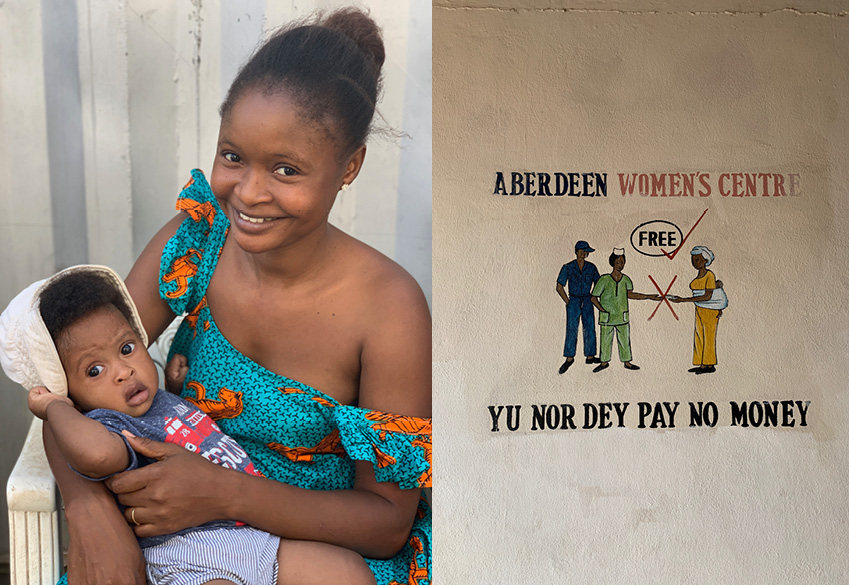

The foundation has helped more than 10,000 mothers, including some as young as 12. But like many charities, Covid-19 has affected funding, and Aminata hopes that Rising Heart will help raise awareness of the plight of Sierra Leonian women and the foundation.
“That is my prayer, honestly. I believe in this with all my heart… [maternal death] should not happen. Mothers and babies should not die because of poverty.”
It is clear that Aminata, who works “seven days a week” for the foundation, is still dealing with the trauma of her experiences. It took more than a year to write the book, with the help of journalist Juliet Rieden, and “there was only one day when we didn’t cry”.
Writing her memoir
Often, after a day of working on the book, Aminata would retreat to a tiny park near Kirribilli House and collect her thoughts before going on to pick up her children. “When I tell my story, I get tired and heavy… just really fatigued.” Flashbacks also come at random times: while watching a movie, or after seeing footage of the death of George Floyd on social media.
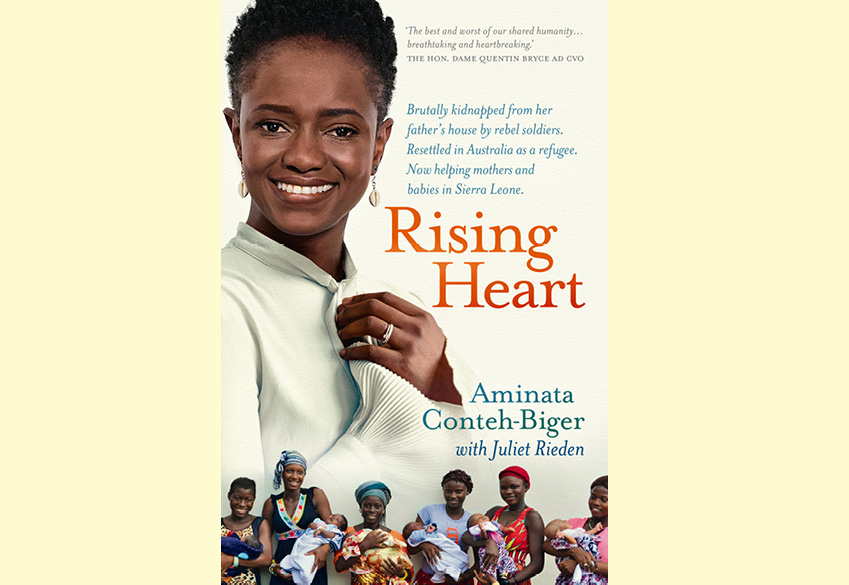

But she tries not to think about Daramy or the losses and indignities she suffered during captivity. “That’s not the way I want to live my life.” Her focus is on helping young mothers in Sierra Leone: “I want to end infant and maternal mortality in Sierra Leone… It’s a big vision… but a woman should never, ever suffer for bringing new life.”
She is also intent on raising her children to value kindness and be of service. “And like every parent, I want to make sure their life is easier than what I’ve been through.”
Want to make a difference? Find out more about the Aminata Maternal Foundation, and donate here.
You can order Aminata Conteh-Biger’s memoir Rising Heart now
Want more stories like this? Sign up to PRIMER’s weekly newsletter here.
Photography: Simon Upton
Styling: Jana Pokorny
Hair and make-up: Sarah Tammer
Photography assistant: Lewis Stevenson
Hair and make-up assistant: Tracie Lai
Styling assistant: Emily Gittany
Dress in main photo: Matin


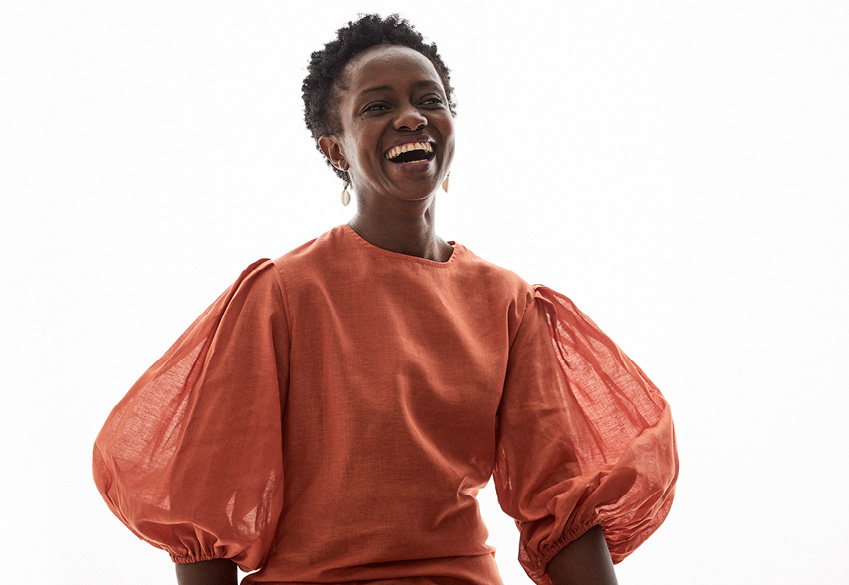


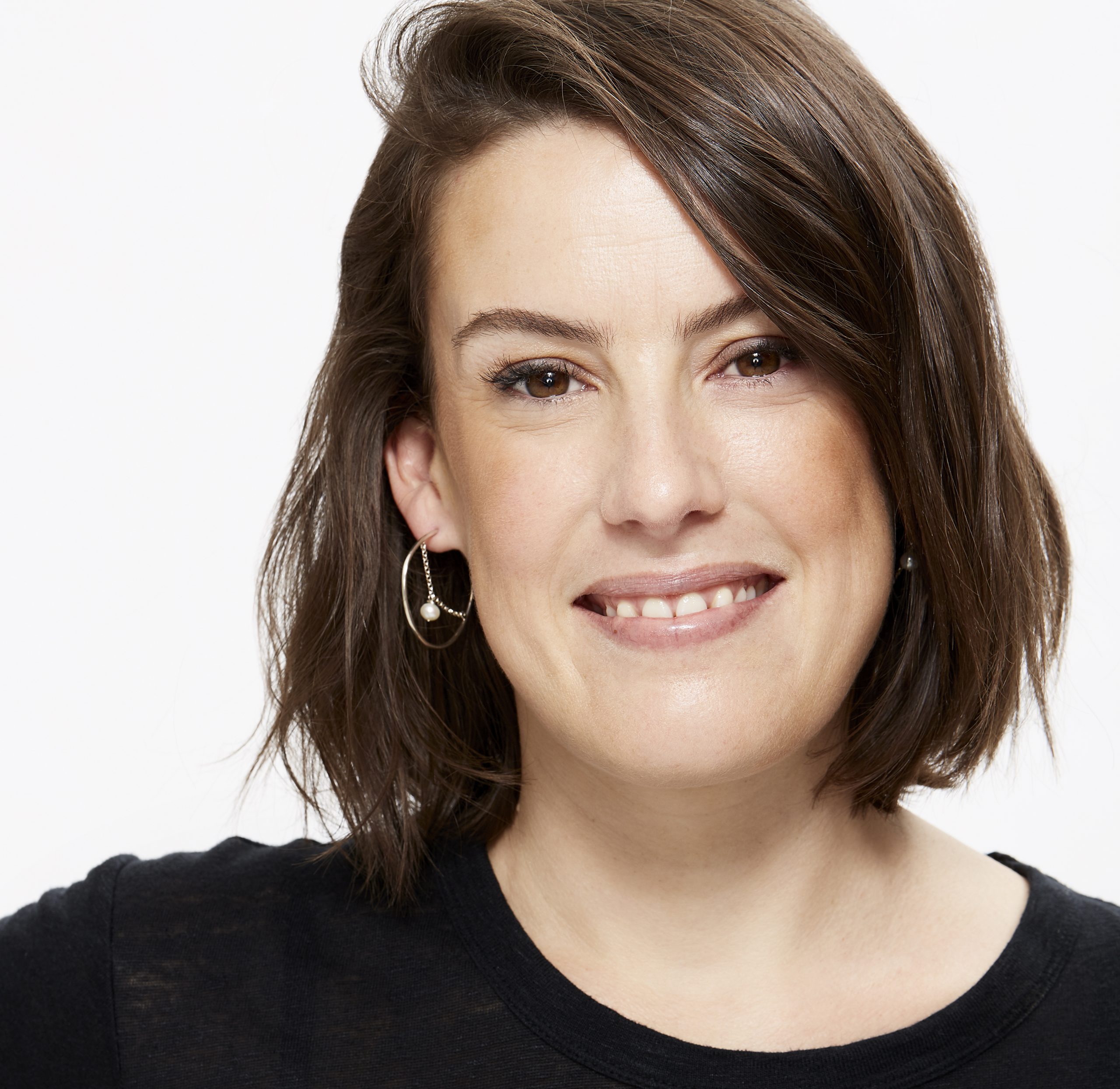


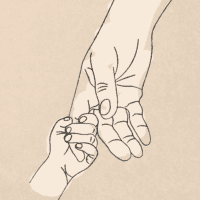

No Comments